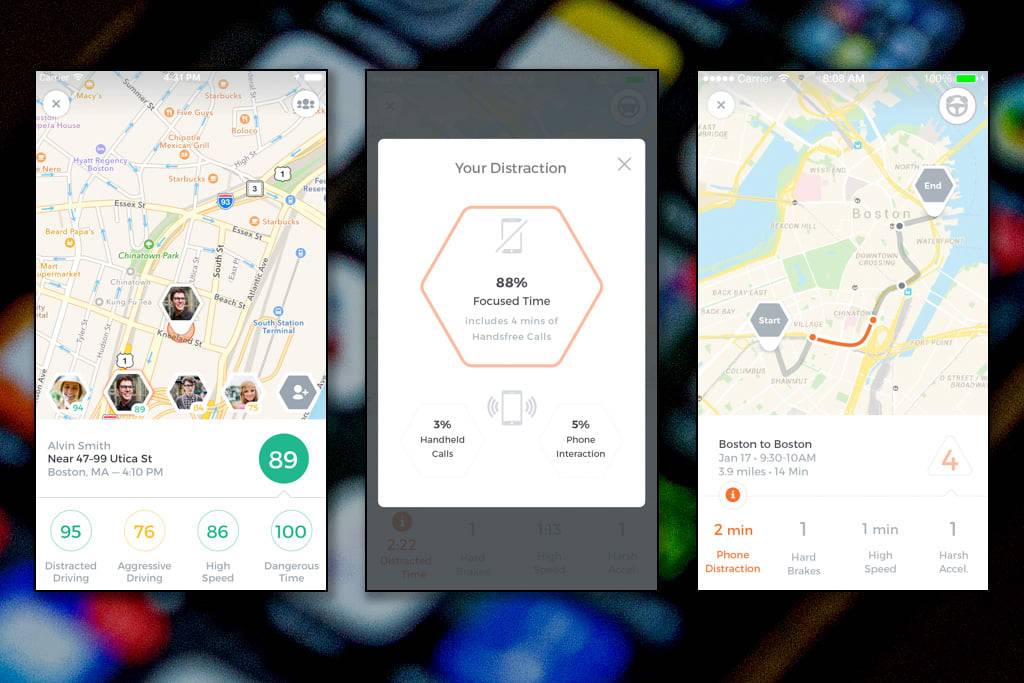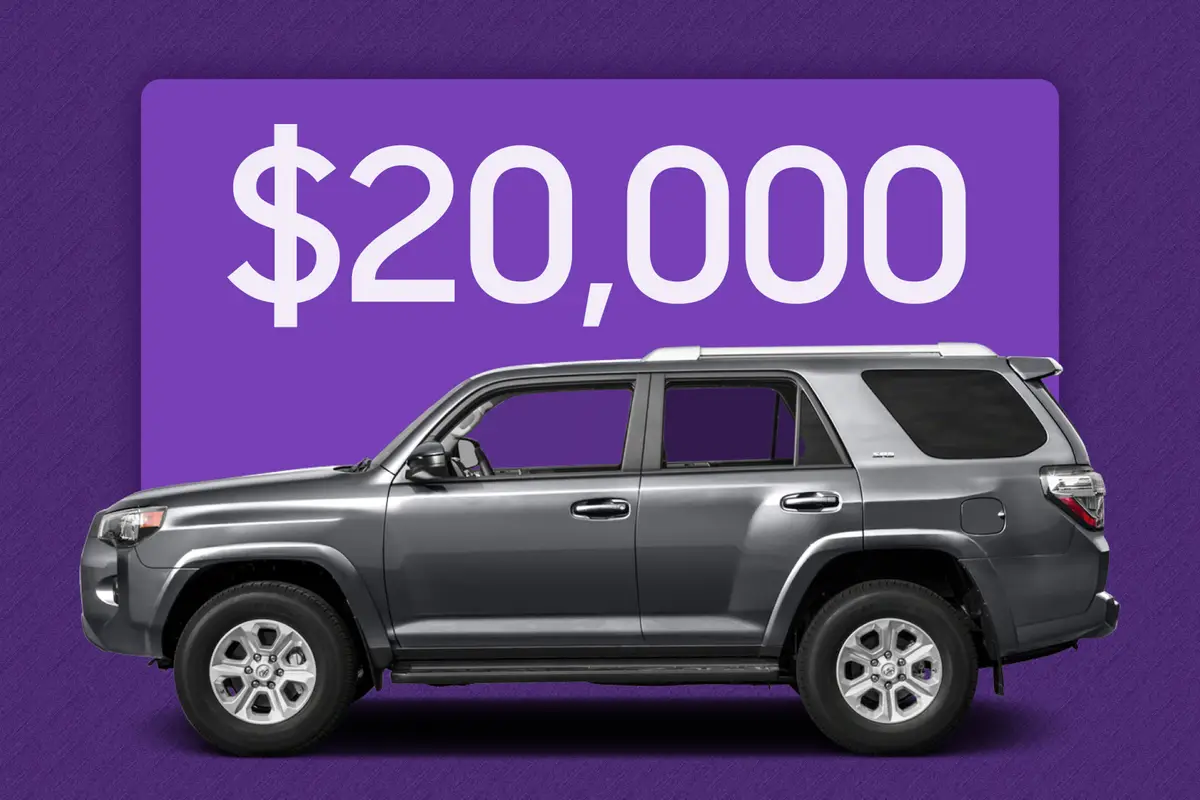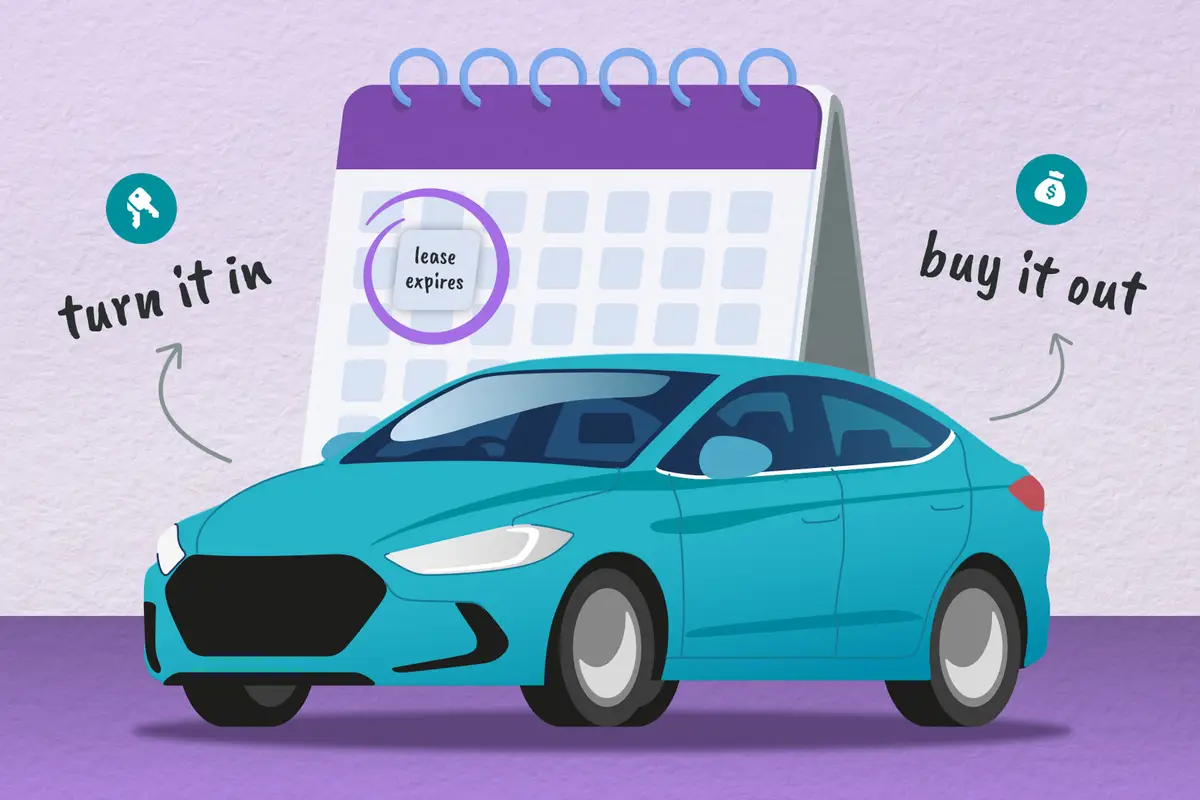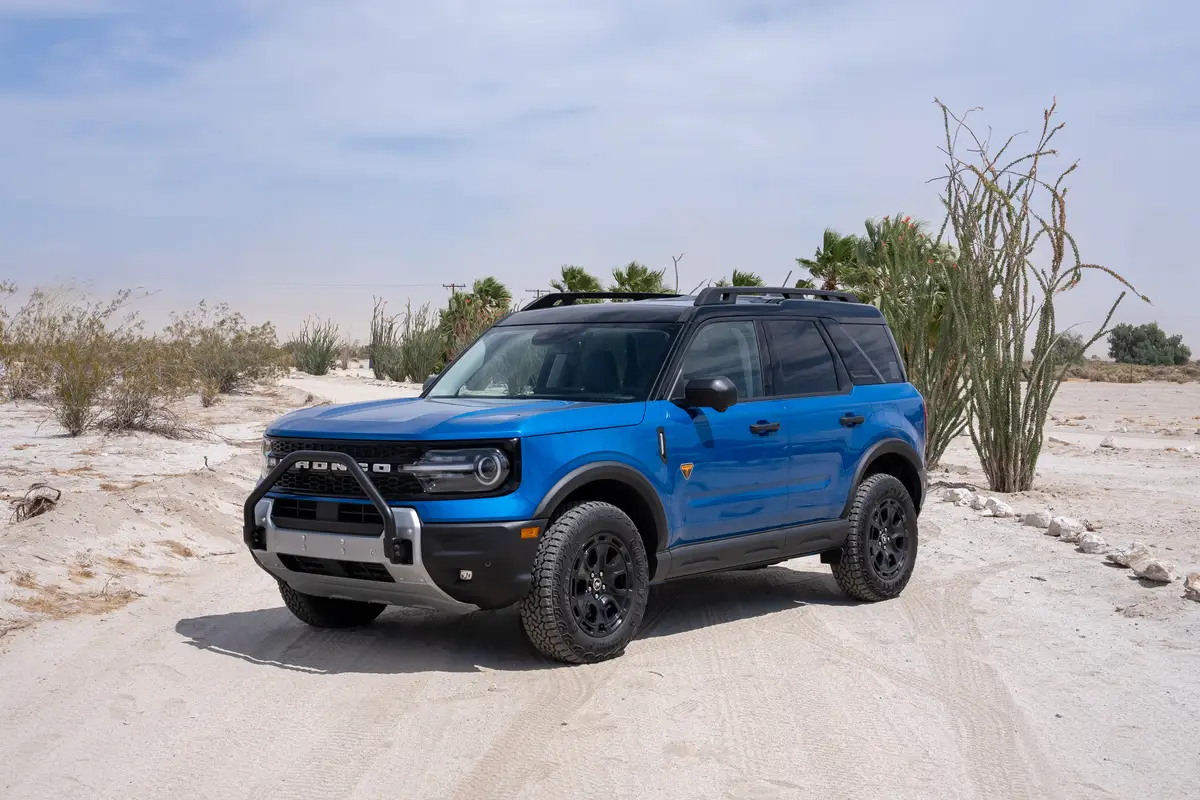TrueMotion App Moves to Make Driving Safer

CARS.COM — Instead of bombarding you with text messages and social media updates, your smartphone could soon become your best driving instructor. That’s the goal behind TrueMotion, a smartphone app that monitors driving behavior using sensors in your smartphone. The app then gives you an overall safety score based on your habits behind the wheel.
Related: More Tech News
“The mission of the company overall is to make driving safer and more affordable,” Brad Cordova, co-founder and chief technical officer, told Cars.com during a recent interview. “If you look at the number one cause of death for teens, it’s driving-related deaths. That’s crazy, in my opinion, and shouldn’t be that way. We found out that we can actually change peoples’ behavior. We did a study with tens of thousands of people and concluded that, with statistical certainty, we can make people better drivers.”
Why should I care? According to this research, people using the TrueMotion app drove 75 percent safer than those not using it. But what does that mean, exactly? How would a smartphone application make you a better driver when studies have found smartphones, and the high levels of distraction they cause, are one of today’s biggest safety hazards?
For starters, that 75 percent improvement means TrueMotion users are not messing around with their phones while driving. There’s no way to cheat the system, either. Most of us have used navigation apps that ask if you’re a driver or passenger, and all you need to do, admittedly, is lie. This app is a lot smarter, and maybe a little less trusting (but in a good way).
TrueMotion uses accelerometers and gyroscopes in your smartphone to determine speed, how hard you’re braking or cornering, and how aggressively you’re driving overall. The system can also monitor whether you’re swiping or tapping your phone. Are you simply scrolling for a new song, or are you sending a long-winded status update to Facebook? It makes a big difference because not all distracted driving is alike.
“You can imagine there are different types of distractions that may be more, or less, dangerous,” Cordova said. You might have Google Maps or Waze on your phone mount when you’re just looking for directions. That may be very different than if you’re responding to an emergency text that’s taking a lot of your attention and using much more of your cognitive load.”
Cordova said that in terms of distractions, “at the top are phone calls or phone usage.” These are broken down into separate categories, such as whether you’re speaking hands-free using Bluetooth or actively holding the phone to your ear. The same goes for how the system registers your scrolling habits. Are you merely punching in a quick navigation command, or are you actively searching through emails and paying much less attention to the road?
Since it was launched in 2016, the TrueMotion app has been downloaded more than 13,000 times. While that’s a drop in the bucket compared to the millions playing Candy Crush Saga or Pokemon Go — please, don’t play them while driving, folks! — it’s a solid step in the right direction for families or businesses interested in practicing safer driving.
Families can keep tabs on each other’s driving behavior and business owners can make certain their vehicle fleet is being operated professionally. TrueMotion’s insurance partner, Progressive, will also reward safer driving based on their score with this app. Cordova said that rather than being lumped into generalized insurance categories based on age or gender, TrueMotion helps present a clearer and more concise picture of an individual’s driving habits.
There is more to come, too. While self-driving cars have been making headlines thanks to major advancements in artificial intelligence, these same algorithms can be applied to link your phone to your car (and both of those to you).
Rather than simply responding to inputs — such as acceleration g-forces or the tap of your finger on a screen — your car and smartphone could learn from your driving habits and deliver even more personalized advice and input. It could tap into other aspects of your life, such as your medical condition, or provide advice regarding your intended destination.
For now, Cordova said TrueMotion is avoiding “startup A.D.D.” and not focusing too far into the future. The key now, he noted, is gathering data to build a reliable source of knowledge regarding distracted driving and use it to promote better guidelines, rules and potentially establish regulations.
“Our goal,” Cordova said, “is to basically end distracted driving, to have the world’s largest distracted driving database, and basically bright some light into this field.”
Featured stories




